On average, the United States has 358,000 house fires a year. That’s a big number but it becomes more significant when you consider that most houses in American suburbia are wood-framed. A house fire is a major safety hazard that can cause harm and damage.
As such fire safety is a paramount concern for all responsible homeowners. Preventative measures - installing smoke alarms, practicing a fire escape plan, and keeping a fire extinguisher handy - are the best way to keep a fire from happening in your house.
Alas, these disasters can and do still happen and it’s important to have contingency plans for that eventuality. If the unthinkable should happen to your house, there are a few dos and don’ts to bear in mind.
What To Do
If you have a house fire, these are the things you should do once it has been safely extinguished.
Have Your Home Inspected
Once the fire has been put out it’s important to assess the true extent of the damage caused. House fires can cause structural damage that will be hard to detect with just a cursory glance. The best thing to do in the aftermath of a fire is therefore to have your fire marshall check things out.
Even a seemingly minor fire can cause a lot of damage, and you don’t want to extinguish a fire only to walk into more danger. Since you’ll likely have to leave your house for a bit, start looking for places where you can stay in the meantime. If you can’t stay with friends, family, or in a hotel, humanitarian organizations such as the American Red Cross may be able to help out.
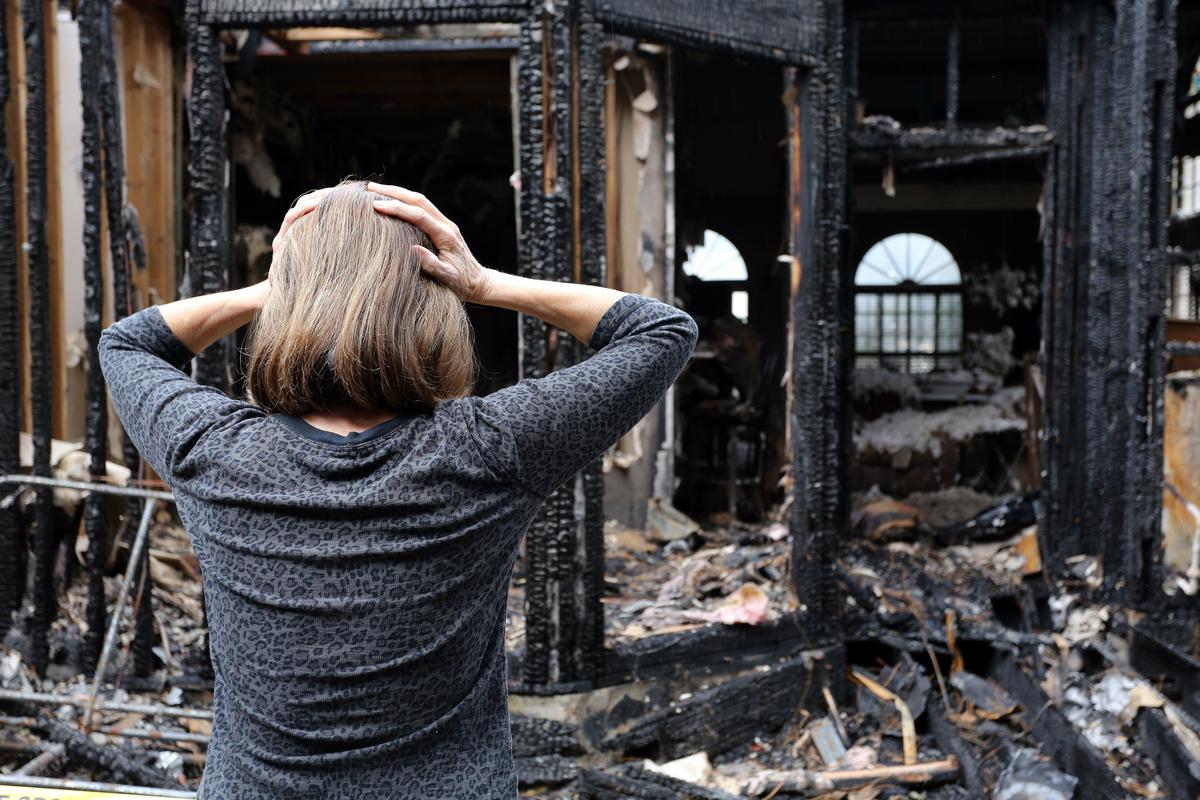
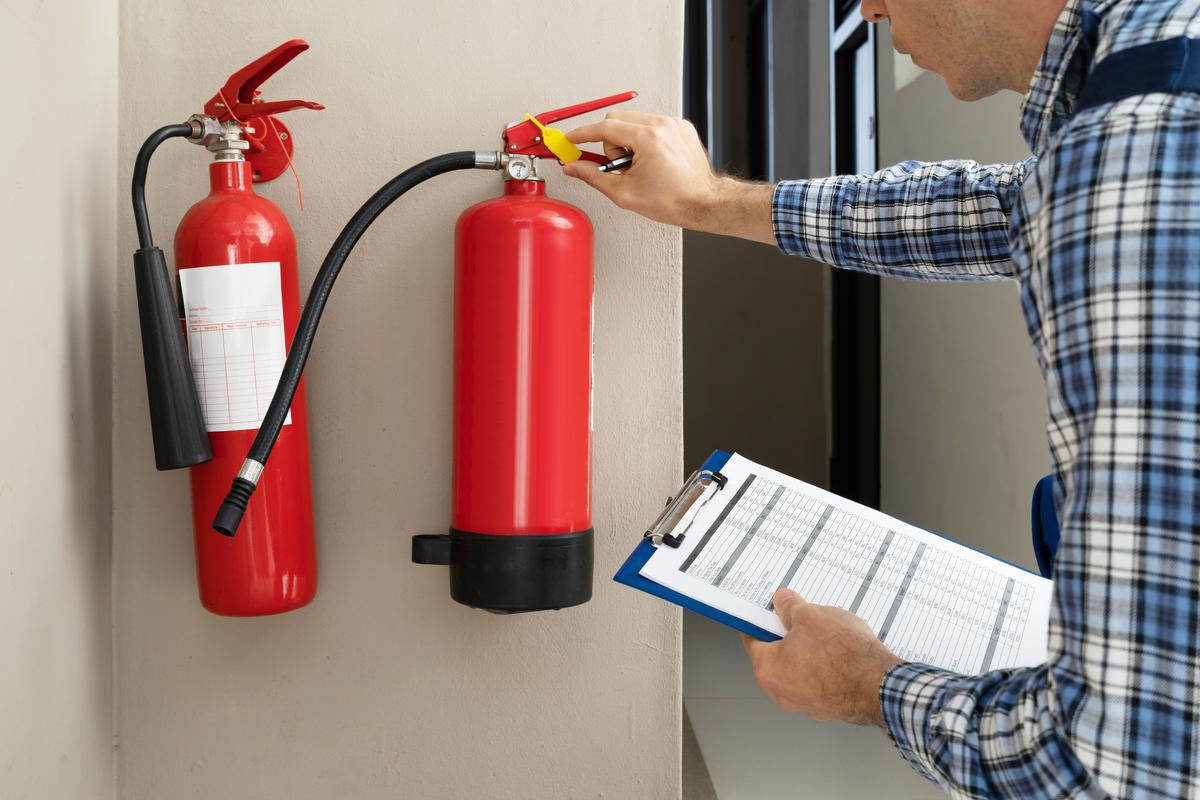
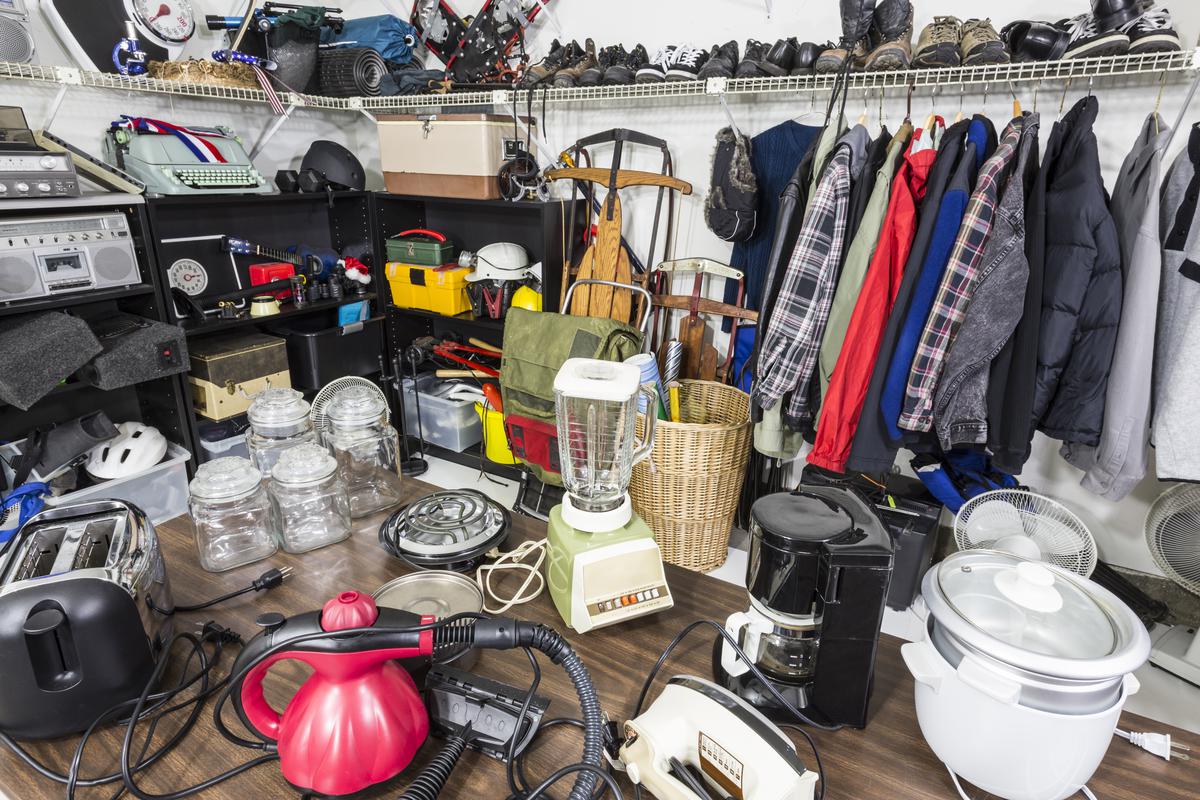
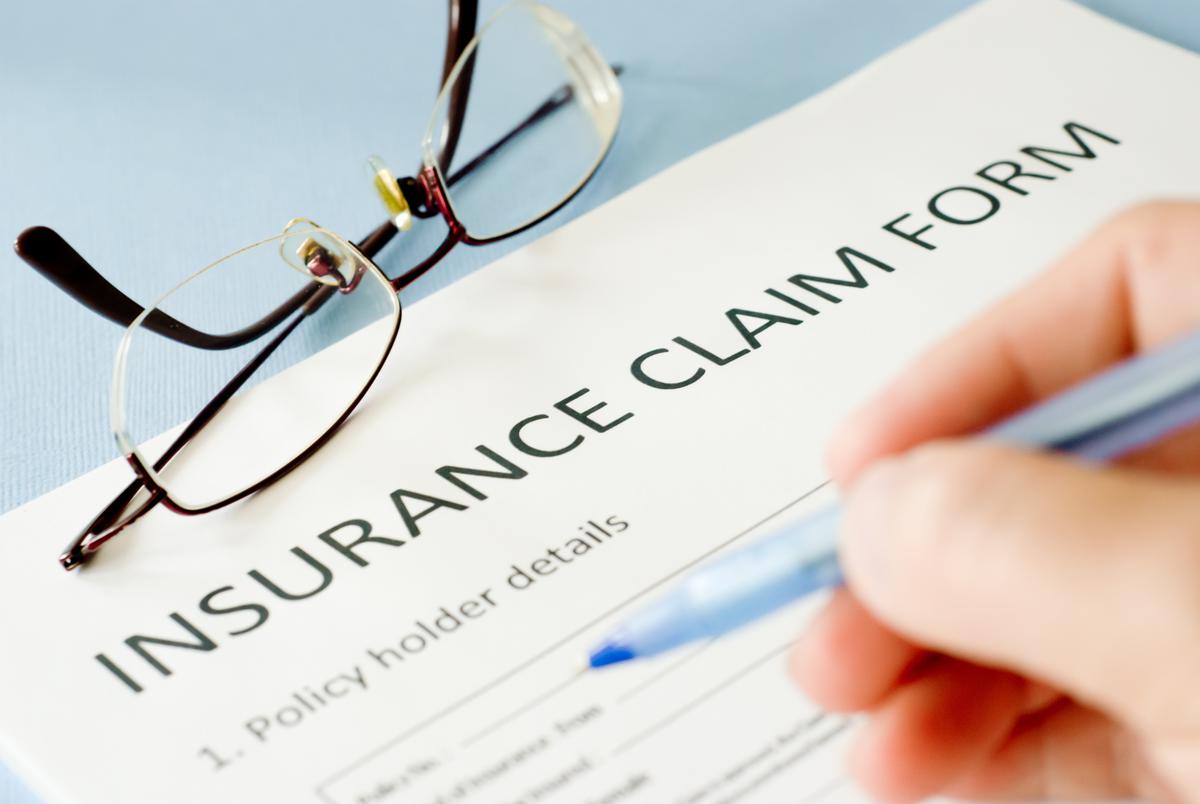

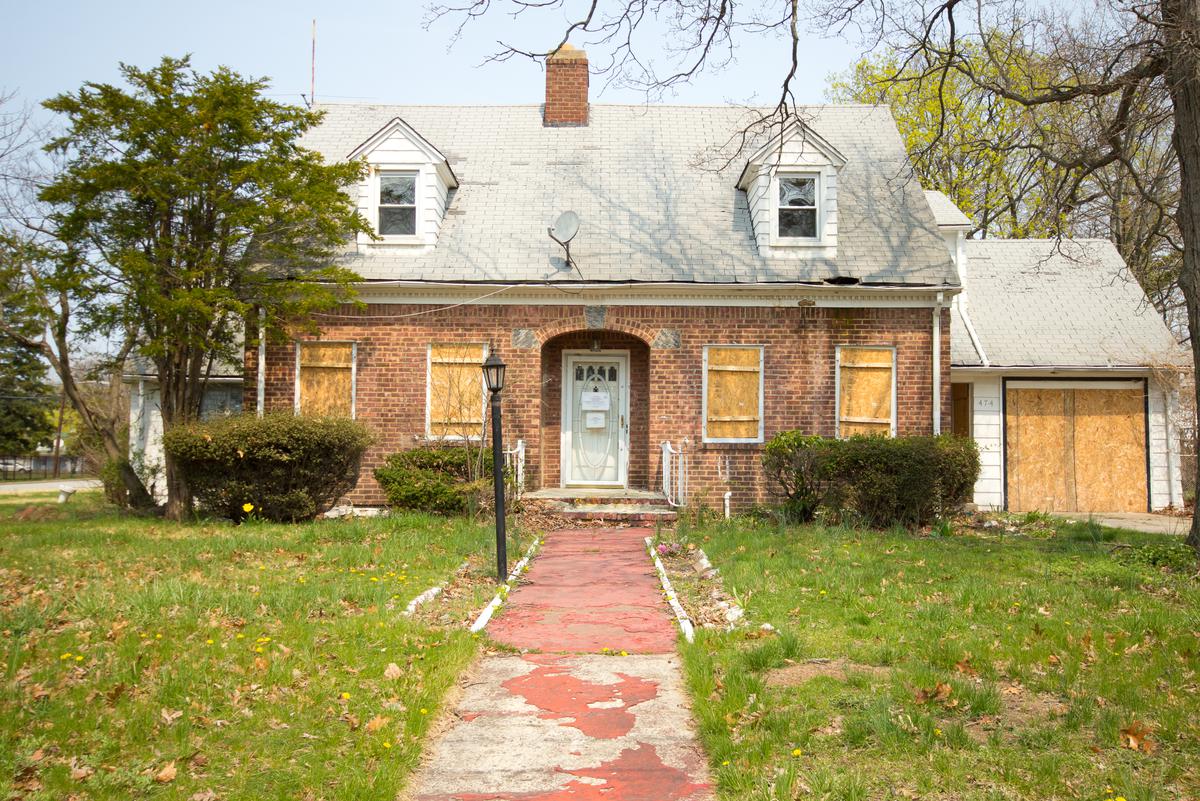
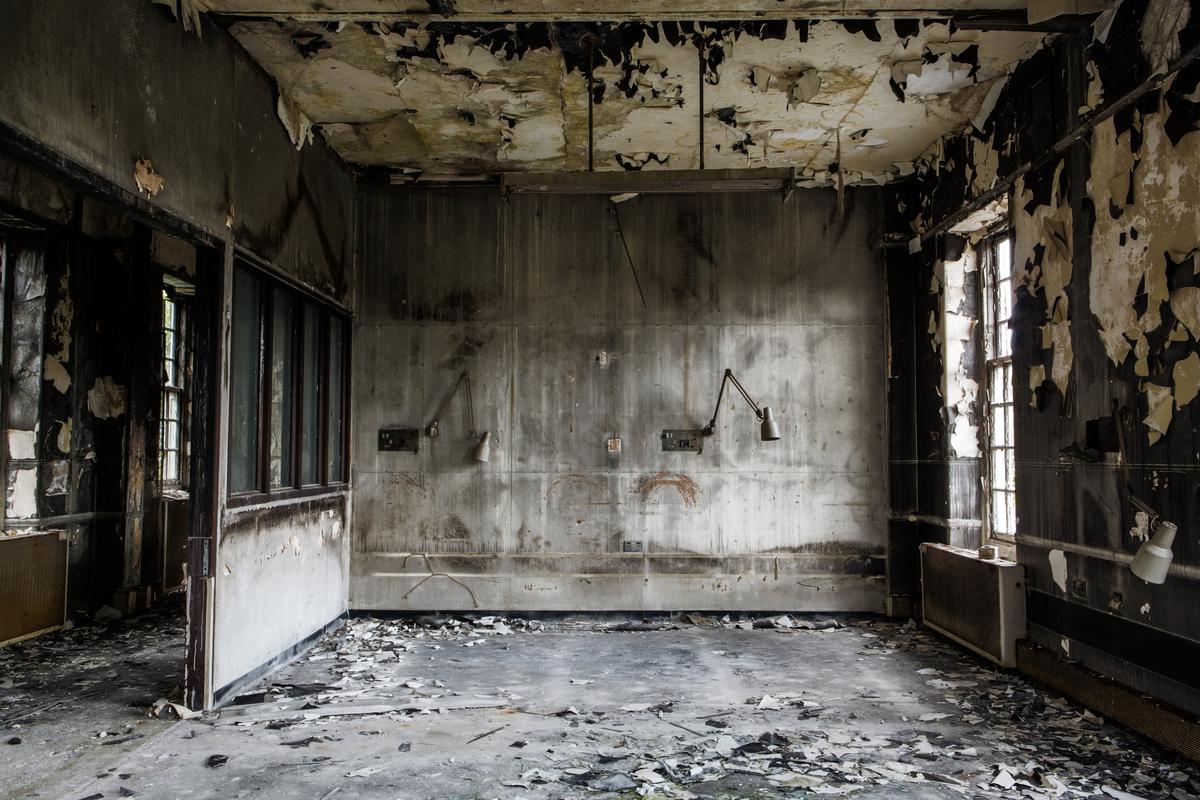
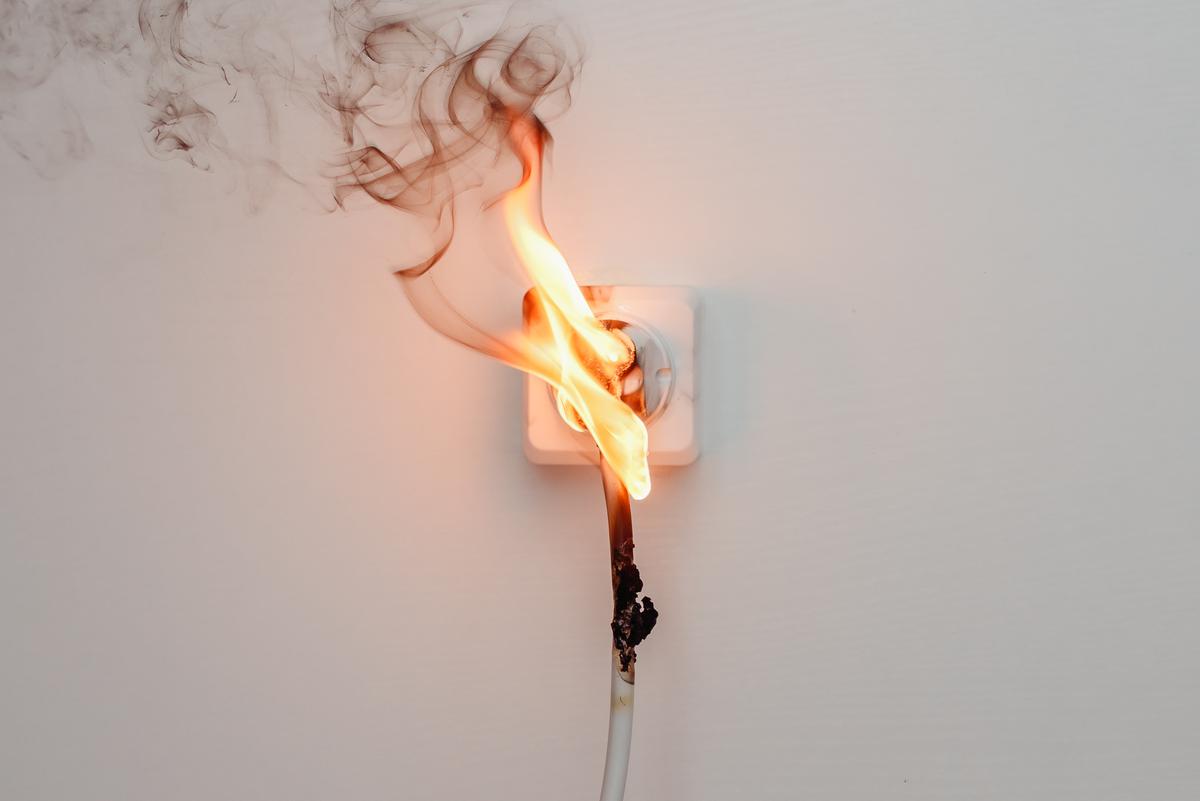
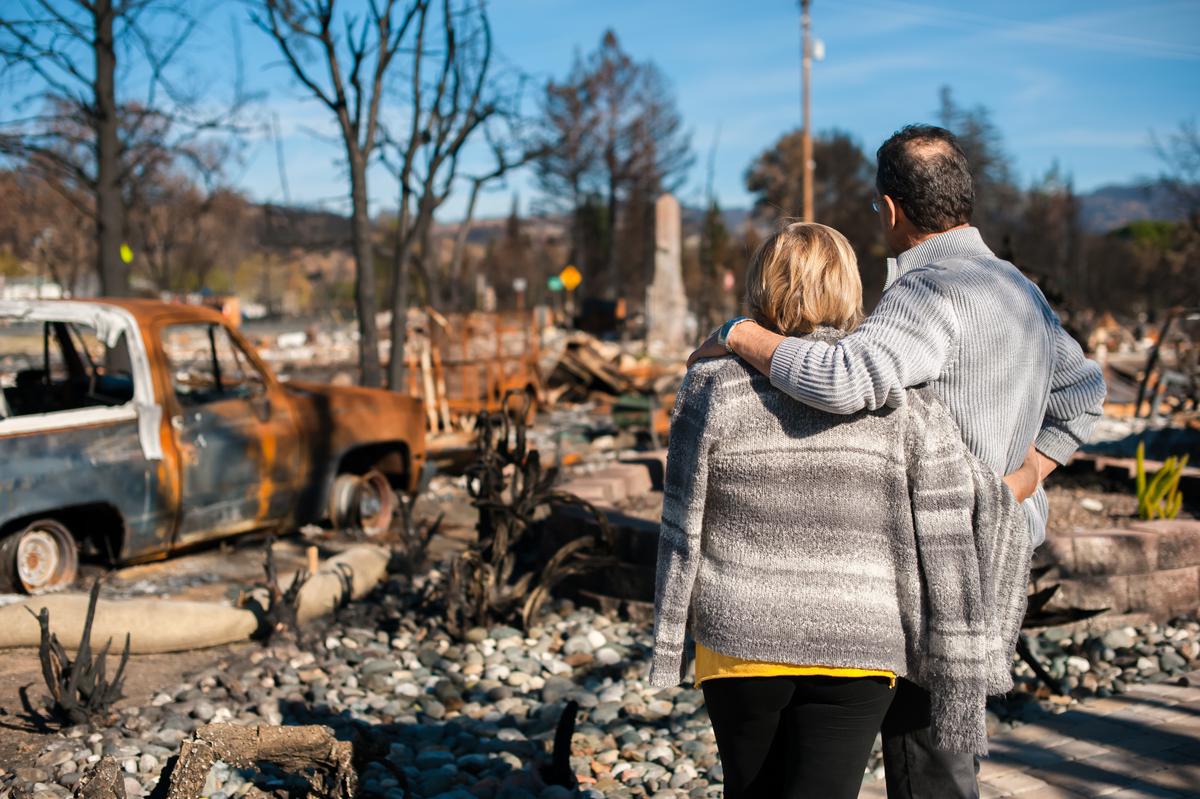
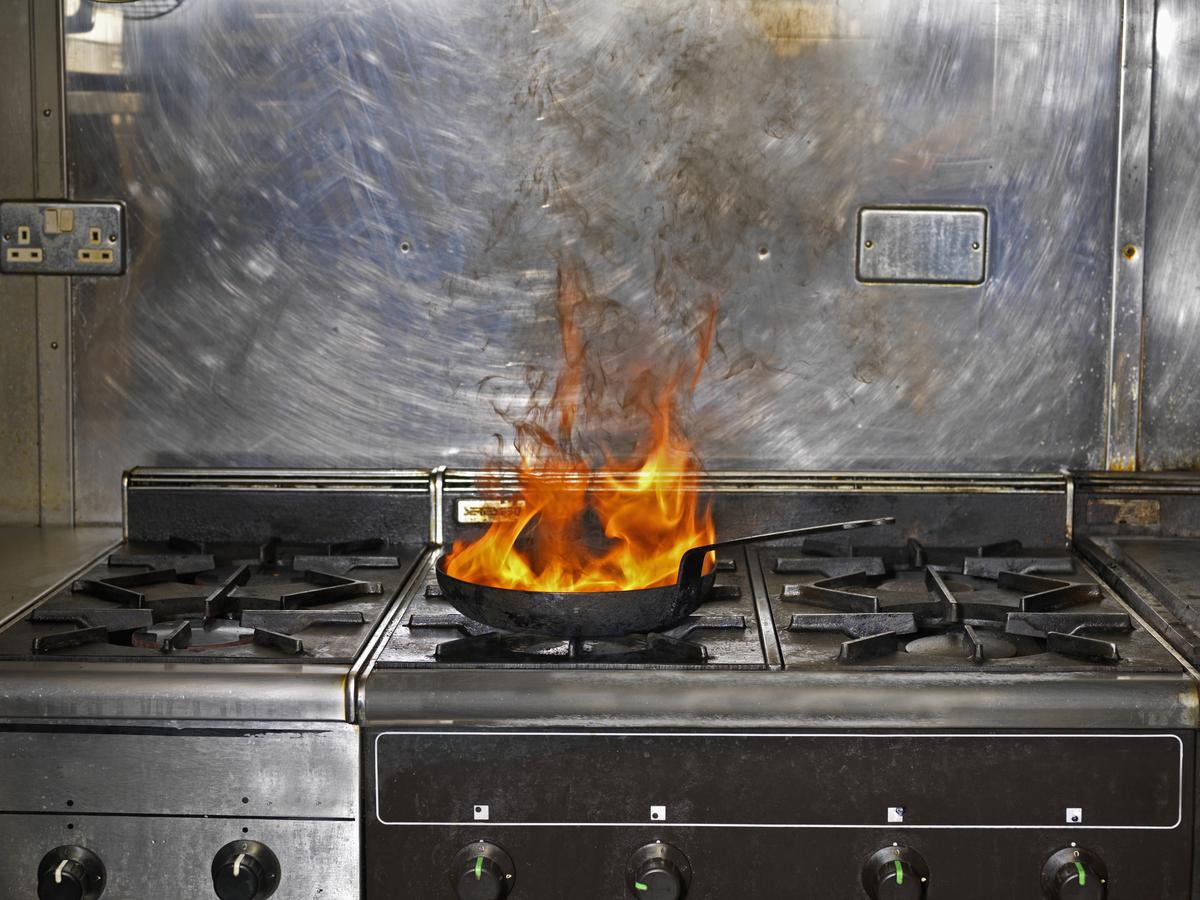
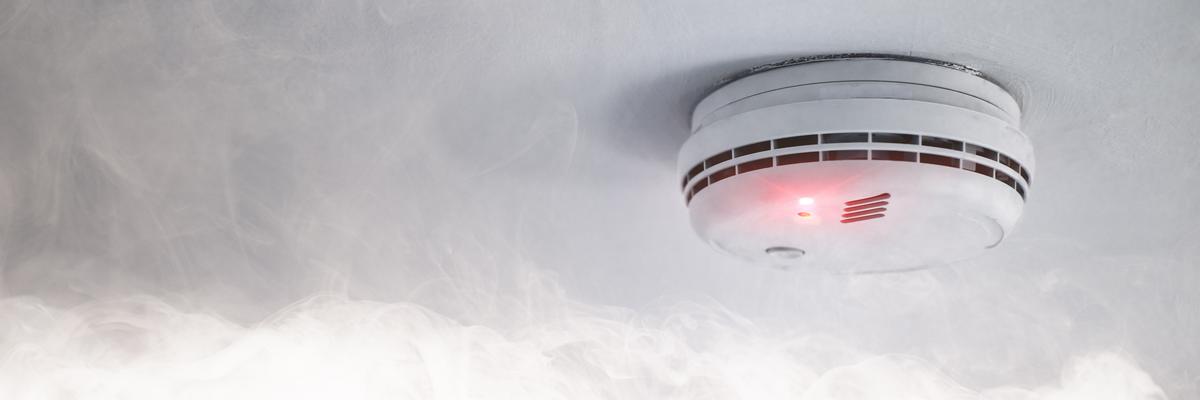
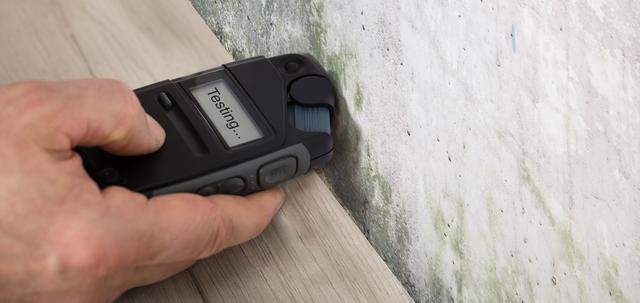
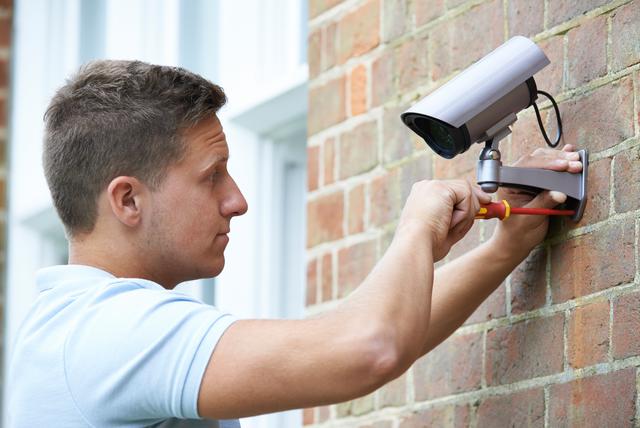
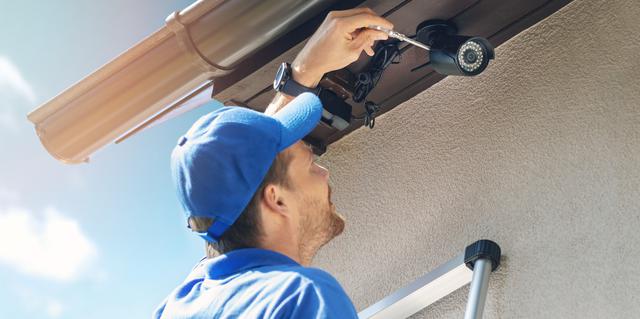
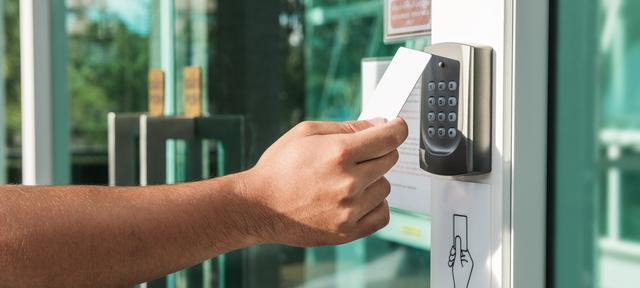
comments